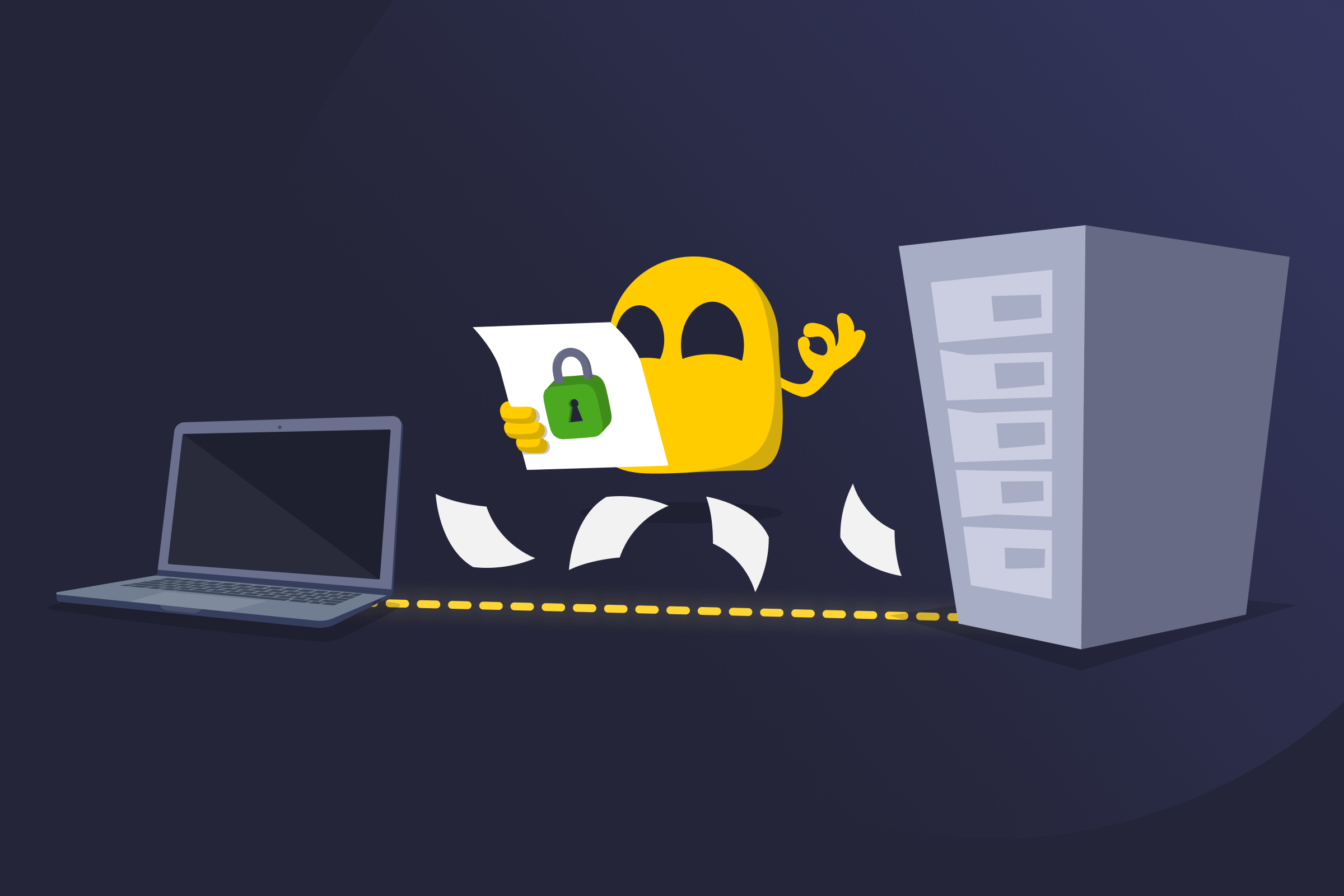Certificate-Based Authentication

Certificate-Based Authentication Definition
Certificate-based authentication is a security method that uses a digital certificate to prove who a person, device, or server is. The certificate is issued by a trusted authority and contains unique information that confirms identity automatically. This helps prevent unauthorized access and removes the need for passwords, which can be weak or stolen.
How Certificate-Based Authentication Works
When someone tries to connect to a secure network, website, or VPN, the system checks its digital certificate instead of asking for a password to help ensure only authorized people can connect.
The certificate contains a public key and identity details. The system then uses this information to check that the certificate is genuine through a process called cryptographic validation. If the check is successful, access is granted automatically. If it fails, the connection is blocked. This could happen, for example, because the certificate has expired, is invalid, or isn’t trusted.
Digital Certificates vs Passwords
Although digital certificates and passwords are used to verify identity, certificate-based authentication is considered more secure.
| Certificate-Based Authentication | Password-Based Authentication | |
| Verification method | Uses a digital certificate with cryptographic keys to check identity | Relies on a user-created password |
| Security level | Higher, as it’s harder to steal or copy | Lower, as it can be guessed, stolen, or reused |
| Setup | Automatic and seamless once set up | Requires manual entry, unless saved to a device/browser |
| Management | Needs a certificate authority to issue and renew certificates | Needs someone to create, remember, and reset passwords |
| Risk factors | Depends on secure certificate management, storage, and renewal | Can be exposed to phishing, brute-force attacks, and theft |
Where Certificate-Based Authentication Is Used
- VPN connections: Verify people and devices before allowing access to a private network.
- Business systems: Control who can sign in to internal tools and company servers.
- Web servers: Authenticate secure websites through SSL/TLS security certificates.
- Email security: Encrypts and verifies email messages to prevent spoofing or tampering.
- IoT networks: Create secure communication between connected devices.
Read More
FAQ
Certificate-based authentication is a security method that uses digital certificates instead of passwords to verify identity. Each certificate is issued by a trusted authority and contains cryptographic details that confirm the person, device, or server is genuine.
Certificate-based authentication is used to provide secure, password-free access. It verifies identities with digital certificates to help prevent unauthorized connections, reduce password-related risks, and protect sensitive systems or data.
Basic authentication uses a username and password to grant access, while certificate-based authentication relies on digital certificates. Certificates are harder to steal or forge and allow automatic logins, while passwords can be reused, guessed, or exposed in phishing attacks.

 45-Day Money-Back Guarantee
45-Day Money-Back Guarantee